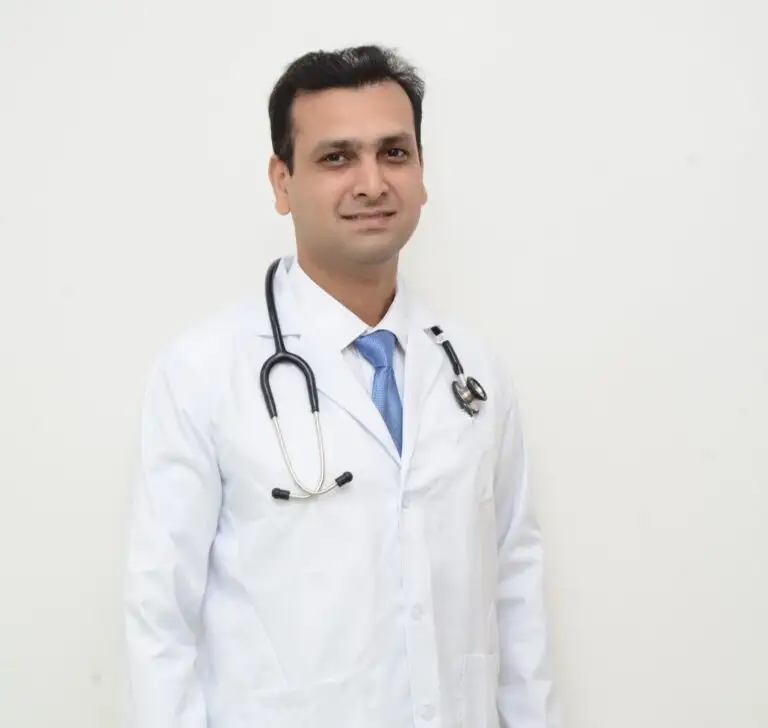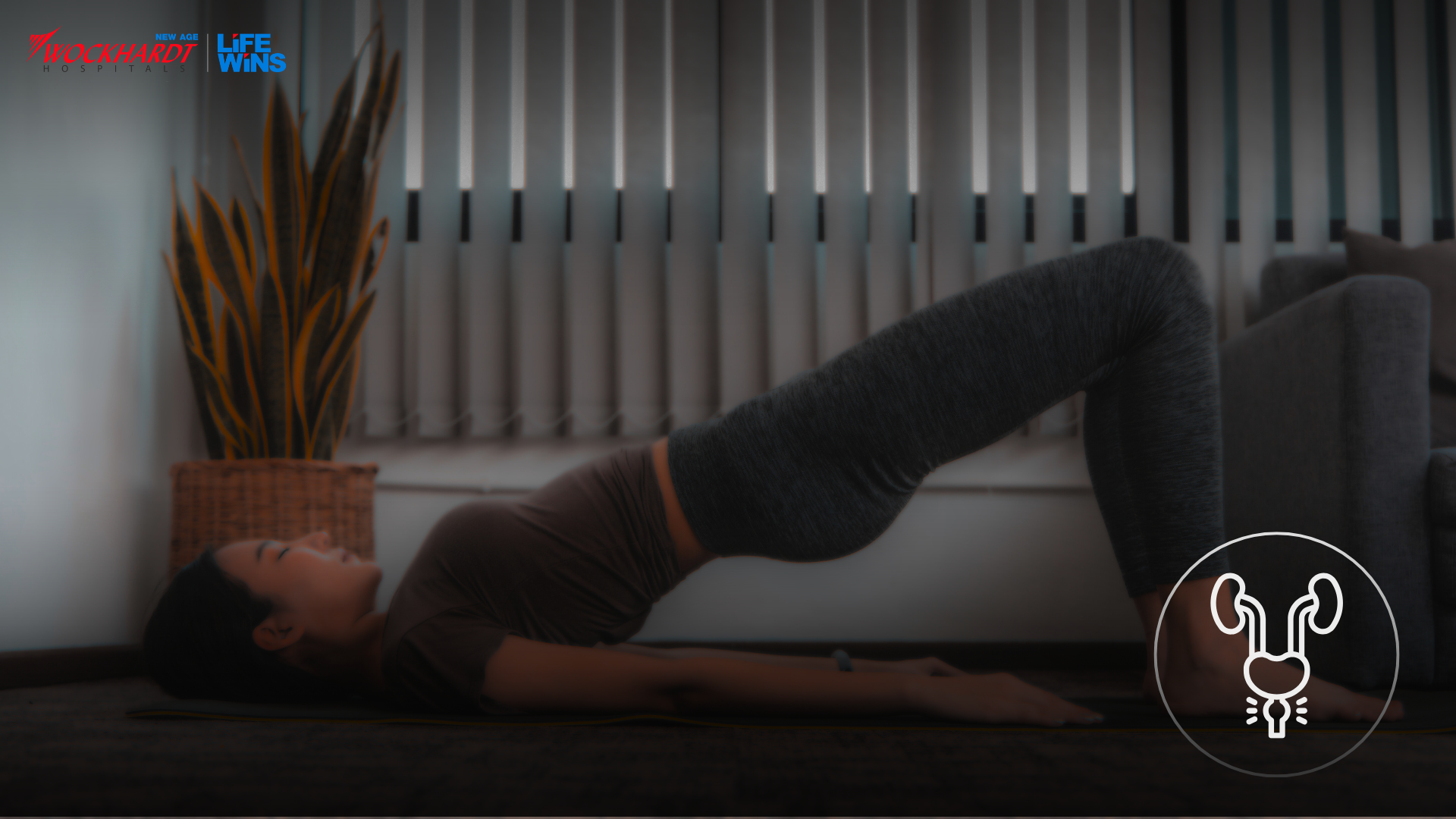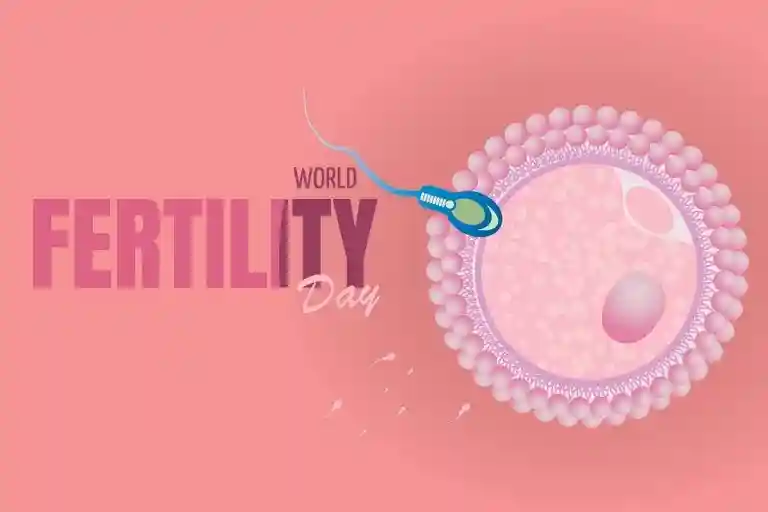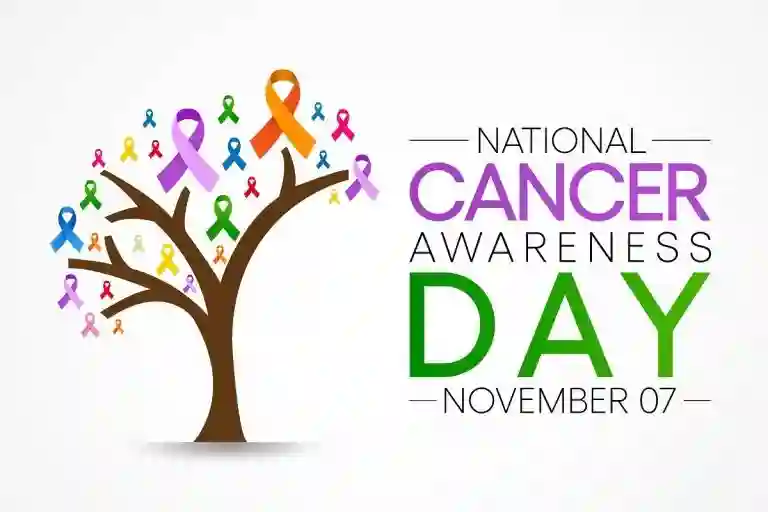Total Knee Replacement (TKR) is the most common and most successful Orthopaedic Surgery in the world. Research data published in Lancet journal in 2019 shows that TKR is a very long-lasting surgery (more than 25 years) in at least 8 out of 10 patients. According to AAOS data 7.5 Lakh TKR surgeries were performed in United States in 2017. According to market research data approximately 2 lakh TKR surgeries were done in India in 2020. There have been tremendous and continuous improvements in surgical techniques, implant designs, surgical materials, longevity and surgical outcomes of TKR. Owing to significant improvements in pain control and anesthesia TKR is no longer a painful or high-risk procedure in expert hands and high-volume centers.
Enhanced Recovery after Surgery in TKR (ERAS)
Prof. Henrik Kehlet from Denmark proposed various ideas about surgical pain pathophysiology, surgical stress response, multimodal analgesia and fast track surgery in general surgery and gastrointestinal surgery. These ideas were organized in the form of Enhanced recovery protocols (ERPs) and applied to many surgical specialties including orthopedic surgery. ERPs are best suited to total hip (THR) and knee replacement (TKR) surgeries as these are high volume procedures, were associated traditionally with longer hospital stay, higher surgical costs and surgical complications. ERPs help in improving outcomes.
Is it time to change surgical practices and adopt Enhanced Recovery Protocols after Surgery?
With increasing costs of surgery due to emphasis on quality and standards, expensive implants, strict regulations, numerous healthcare compliances and higher incidence of litigation there is a need to do audit of surgical costs as well as surgical outcomes. Hospitals will be forced to make optimum use of resources and provide best outcomes. The best way to reduce surgical costs in TKR is by reducing complications and reducing hospital stay and scientific evidence proves Enhanced Recovery Protocols achieve both.
Advantages of Enhanced Recovery Protocols in TKR
ERPs help to reduce hospital stay. Patients experience less pain as there is less tissue damage due to minimal invasive surgical techniques. Patients can resume normal life activities much sooner after surgery. This is important for all ages, but specially in younger and working patients who want to get back to their jobs early as to reduce time off from work and resultant financial losses. According to scientific evidence ERPs are also associated with less bleeding, faster recovery, higher range of motion and reduced risk of complications.
Results of Enhanced Recovery TKR at Wockhardt Hospitals
Our average length of stay (ALOS) after TKR in Wockhardt is 2.4 days for unilateral TKR and 2.5 days for bilateral TKR which is better than reported TKR ‘LOS’ data from our country. There is no readmission for wound healing related complaints. 90% Patients are walking on day of surgery within 3-4 hours after surgery. All patients are able to use toilets by themselves and climb stairs before discharge which is typically 2nd or 3rd day after TKR. Patients regain range of motion faster and many patients ae even able to sit cross legged few weeks after surgery. ERPs have improved long term outcomes and satisfaction after TKR at Wockhardt Hospitals and also worldwide.
Dr. Alankar Ramteke
Consultant- Joint Replacement Surgeon
Wockhardt Hospitals, Nagpur


















